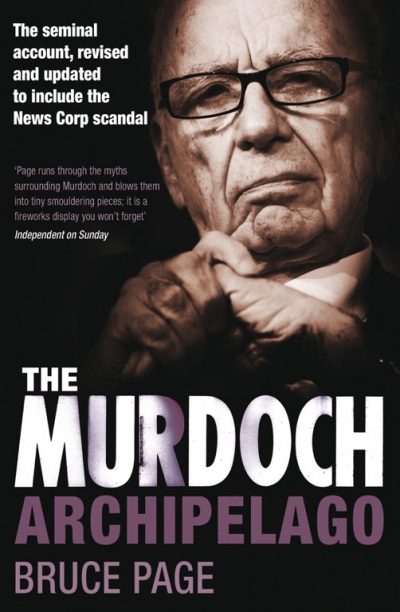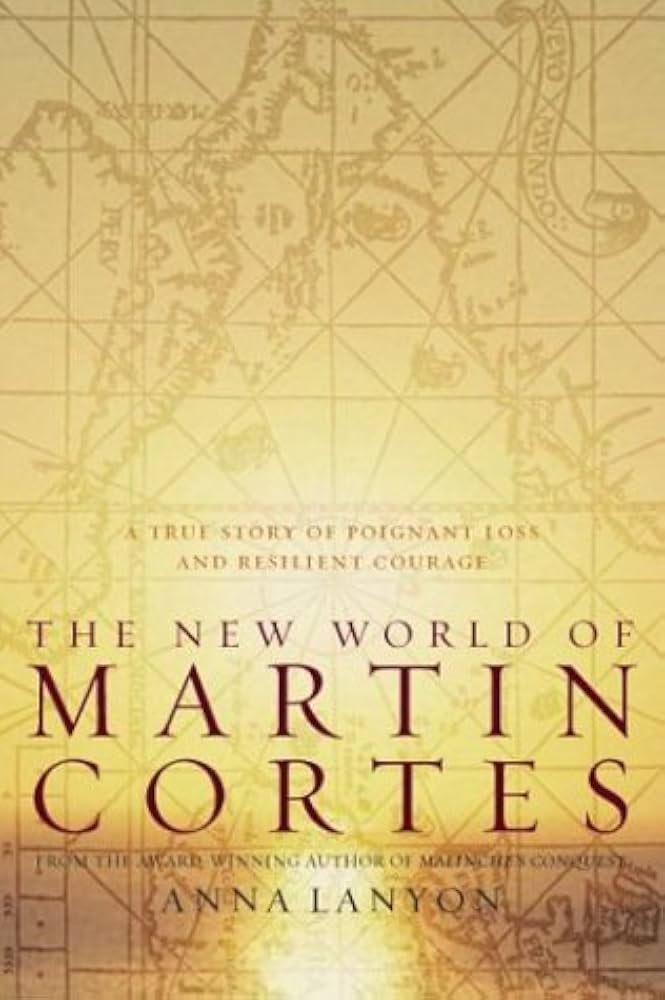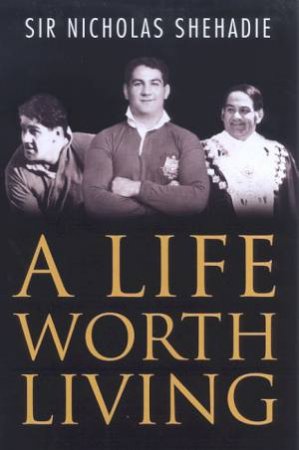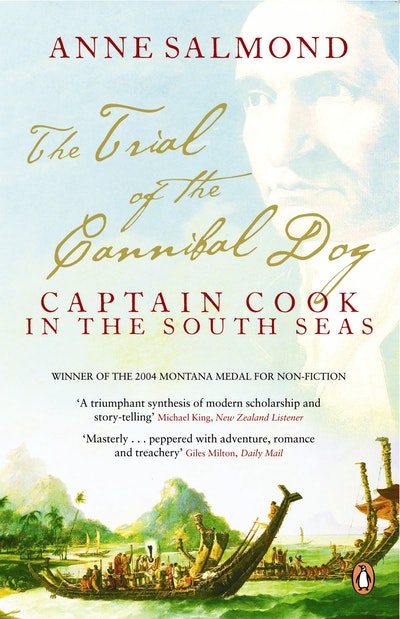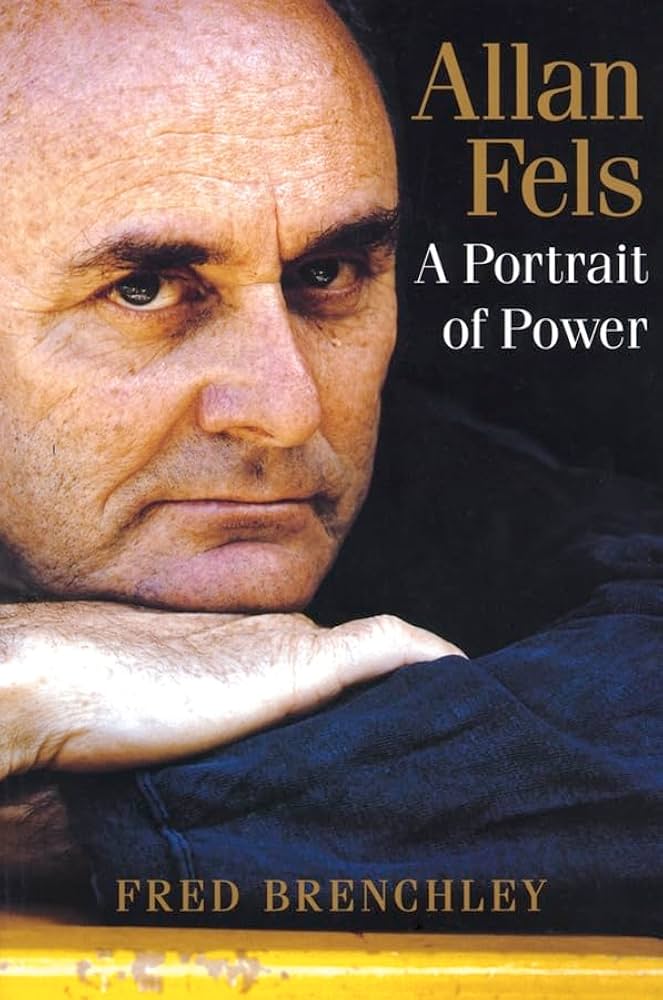Accessibility Tools
- Content scaling 100%
- Font size 100%
- Line height 100%
- Letter spacing 100%
Biography
Shadow of Doubt: My Father and Myself by Richard Freadman
by Peter Rose •
George Orwell, born in 1903, was the child of a British Empire civil service family with long Burmese connections, which belonged, as he put it with characteristic precision and drollery, to the lower upper middle class. By the time he went to fight against fascism in Spain in 1936, he had already quit his job in the Burmese colonial police, attempted to drop out of the English class system, and become a writer and a socialist of a notably independent, indeed idiosyncratic, kind.
... (read more)What Australia Means to Me by Bob Carr & Bob Carr by Andrew West and Rachel Morris
by Beverley Kingston •
The Trial of the Cannibal Dog: Captain Cook in the South Seas by Anne Salmond
by Alan Frost •



